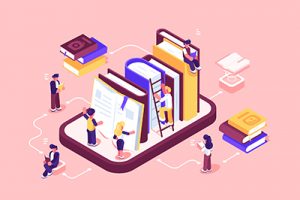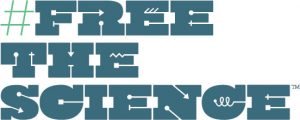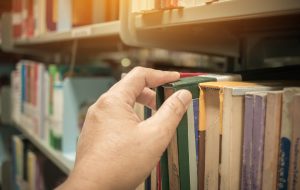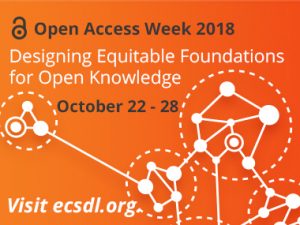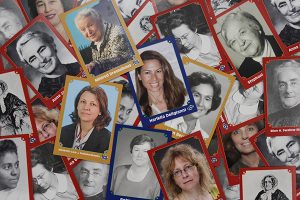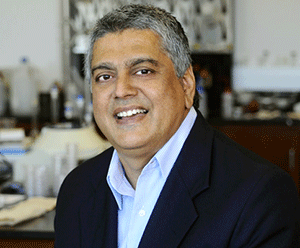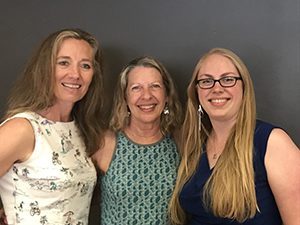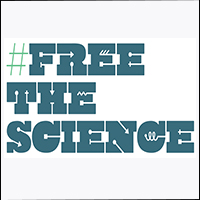 Since The Electrochemical Society’s inception in 1902, the Society has stood for the advancement of electrochemical and solid state science and technology. As part of this mission, ECS is working to Free the Science by making all content from ECS journals free and fully accessible to the public: an initiative that is gaining traction and attention in the scholarly publishing community.
Since The Electrochemical Society’s inception in 1902, the Society has stood for the advancement of electrochemical and solid state science and technology. As part of this mission, ECS is working to Free the Science by making all content from ECS journals free and fully accessible to the public: an initiative that is gaining traction and attention in the scholarly publishing community.
UCL’s Town Hall meeting on Plan S
On January 8, the University College London (UCL) held a town hall meeting to discuss the principles of Plan S, a plan that supports open access initiatives like Free the Science, which aims to make all research funded by public grants provided by cOAlition S funders openly available by 2020.
The plan has since received some backlash and concerns from the academic and scholarly publishing communities, including UCL, the host of the Plan S discussion. (more…)


